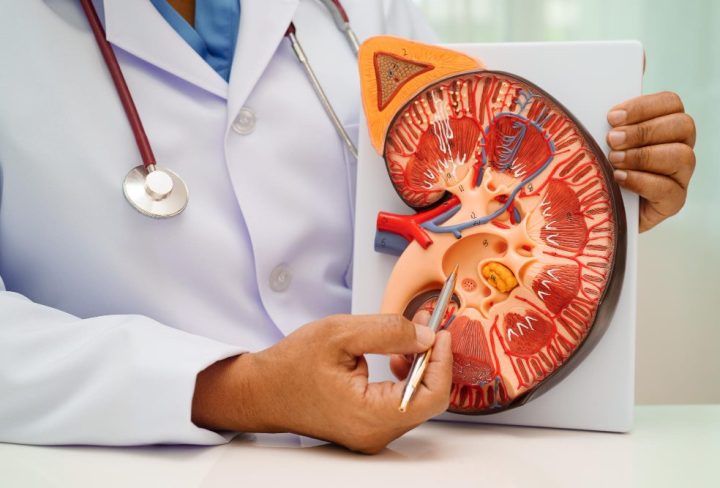Hydronephrosis is a condition where one or both kidneys swell due to urine buildup. This happens when urine cannot drain from the kidney to the bladder. Because hydronephrosis can harm kidney function, early detection is important. In this blog, you will learn what hydronephrosis is, its causes, symptoms, diagnosis, treatment, and how to prevent it. Understanding hydronephrosis helps you protect your kidney health.
What is Hydronephrosis?
Hydronephrosis means the kidney becomes swollen because urine cannot flow out as it should. Usually, urine travels from the kidney to the bladder through a tube called the ureter. However, if something blocks this path, urine backs up and causes swelling. Sometimes, hydronephrosis affects only one kidney. Other times, it can affect both. While mild cases may not cause problems, severe cases can damage the kidneys if not treated quickly.
Causes of Hydronephrosis
Many things can block the flow of urine and lead to hydronephrosis. For example, kidney stones are a common cause. But there are other reasons as well:
Sometimes, the cause is temporary and goes away on its own. However, other times, treatment is needed to remove the blockage.
Common Symptoms
Hydronephrosis symptoms can vary. Some people may not notice any signs, especially in mild cases. Still, many people experience symptoms such as:
Because these symptoms can be caused by other problems, it is important to see a doctor for a proper diagnosis.
How Hydronephrosis is Diagnosed
Doctors use several tests to diagnose hydronephrosis. First, they will ask about your symptoms and medical history. Then, they may perform a physical exam. Next, they often use imaging tests to look at your kidneys and urinary tract. Common tests include:
With these tests, doctors can find the cause and decide on the best treatment. According to the CDC and other health experts, early diagnosis helps prevent kidney damage.
Treatment Options
Treatment for hydronephrosis depends on the cause and how severe it is. For example, if a kidney stone is blocking urine flow, doctors may remove the stone. Other treatments include:
In mild cases, doctors may simply monitor the condition. However, severe cases may need urgent care to prevent kidney damage.
Prevention and Lifestyle Tips
While not all cases of hydronephrosis can be prevented, you can lower your risk with healthy habits. For instance, you can:
By following these tips, you help protect your kidneys and lower your risk of hydronephrosis.
When to See a Doctor
If you notice symptoms like pain in your side, fever, or trouble urinating, see a doctor right away. Early treatment can prevent serious problems. Even if symptoms seem mild, it is best to get checked. Sometimes, hydronephrosis can cause lasting kidney damage if not treated quickly.
For personalized advice on hydronephrosis, consult a urologist or your healthcare provider. Early care can make a big difference in your kidney health.
